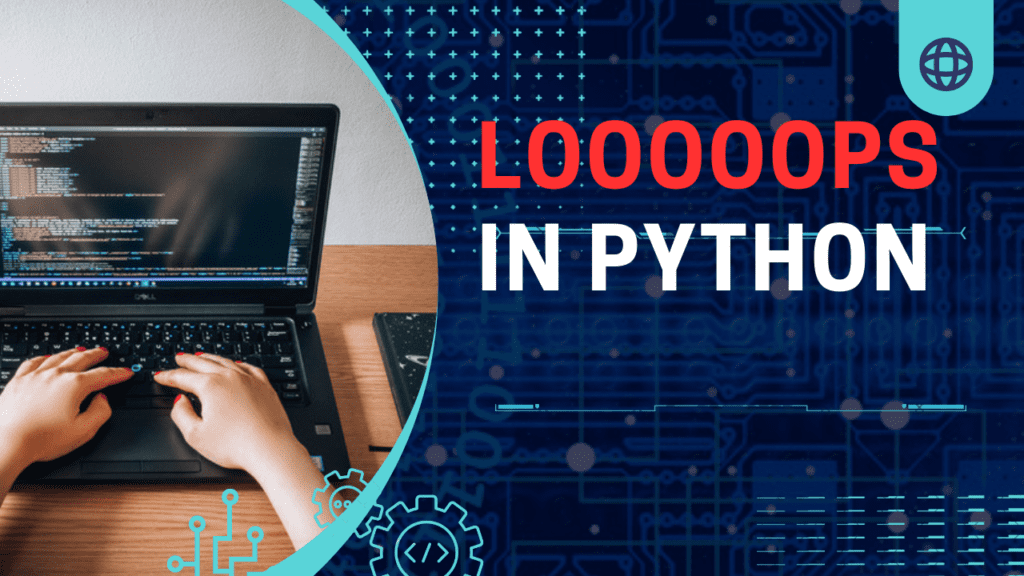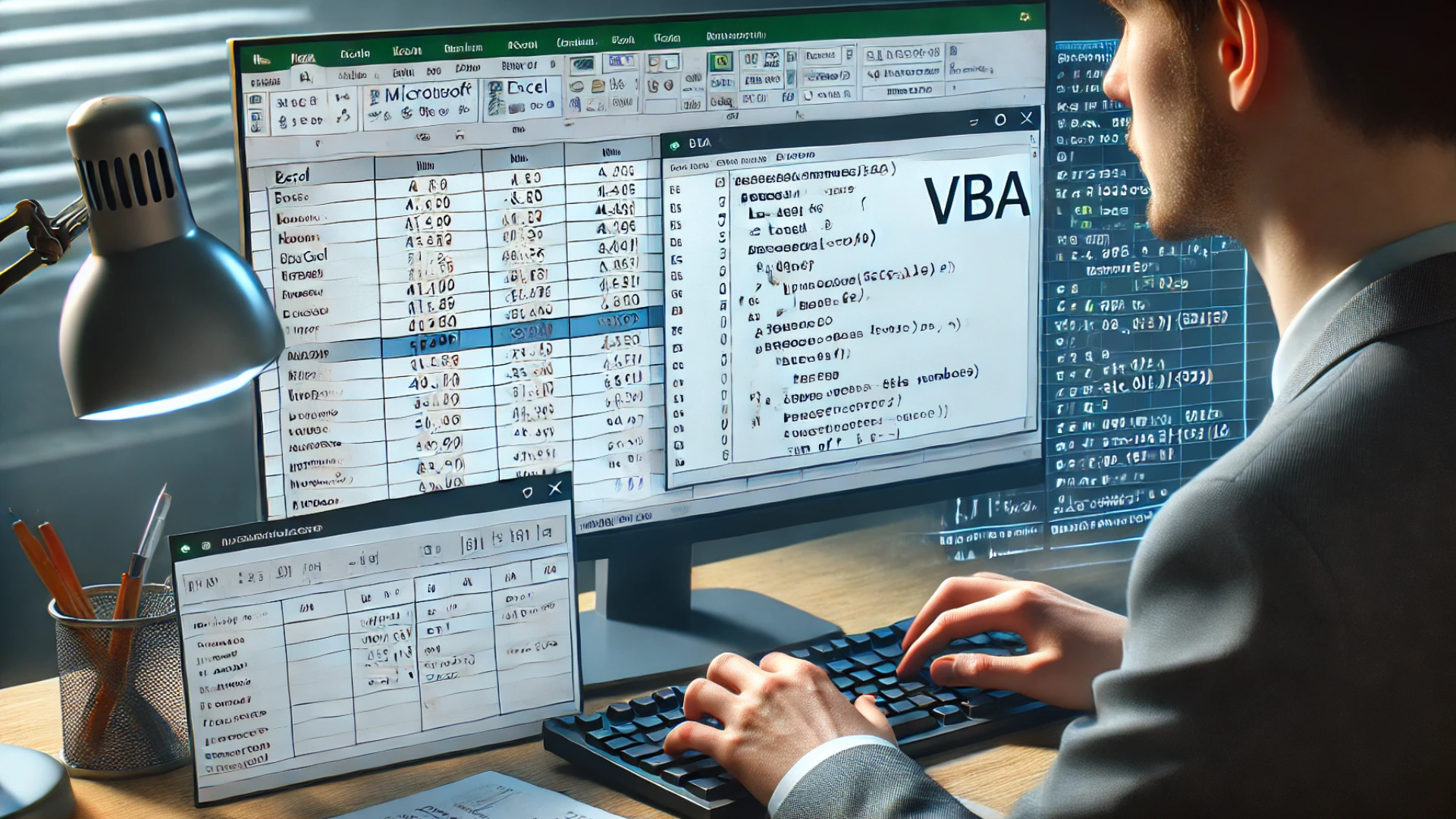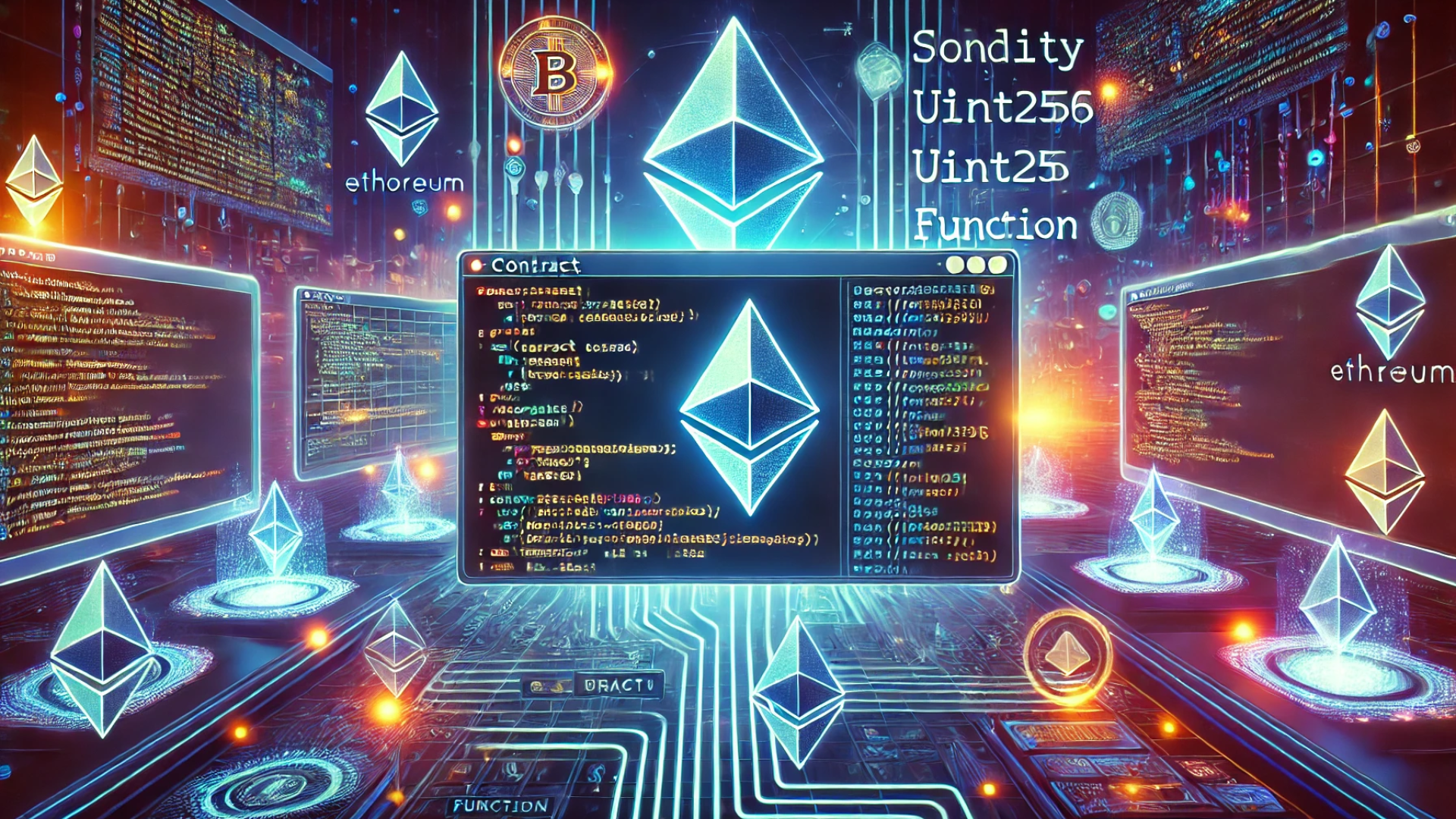
The journey to become a Python developer is a wonderful job.
Whether you’re just starting out or already have some programming experience, having a clear roadmap can greatly facilitate your learning process. In this guide, outline a step-by-step path from beginner to advanced Python developer, breaking down each stage into manageable steps using simple language.
In the beginning stage, it’s crucial to grasp the basics of Python. This involves understanding its significance in programming, setting up your development environment, and learning fundamental concepts such as variables, data types, and operators. Through practice, you’ll gain confidence in writing basic scripts to perform tasks like arithmetic operations and handling user input and output. Additionally, mastering control flow constructs like conditional statements and loops will enable you to control the flow of your programs and solve simple programming challenges effectively.
As you progress, solidifying your Python fundamentals becomes essential. This includes delving deeper into data structures like lists, tuples, dictionaries, and sets, and understanding how to manipulate and access data efficiently. You’ll also learn about functions and modules, which are vital for organizing and reusing code. By understanding function parameters, return values, and scope, and practicing module creation and importation, you’ll enhance your code organization skills and improve your programming efficiency.
Moving into intermediate Python development, you’ll explore more advanced concepts such as object-oriented programming (OOP) and file and exception handling. OOP principles like classes, objects, inheritance, encapsulation, and polymorphism will enable you to design and implement complex systems and models. Additionally, mastering file handling techniques and error handling strategies will equip you with the skills necessary to work with external files and handle unexpected program behavior gracefully.
Finally, to advance your Python skills further, you’ll delve into mastering libraries and frameworks, including popular ones like NumPy, Pandas, Django, Flask, and TensorFlow. These tools will allow you to tackle specific problems efficiently and build robust applications. Additionally, exploring advanced topics such as multithreading, multiprocessing, asynchronous programming, decorators, context managers, and metaprogramming will deepen your understanding of Python and broaden your programming horizons.
Becoming an advanced Python developer is a journey that requires dedication, practice, and continuous learning. By following this roadmap, beginners can progress systematically from foundational concepts to advanced topics, gaining the skills and knowledge necessary for real-world projects. Remember to practice regularly, seek out additional resources, and remain curious in the ever-evolving field of Python development.
Useful data types in python for developers

Immediately you have to know loops in python.


